Innovative Models for Undergraduate Research Faculty Fellows
The Innovative Models for Undergraduate Research (IMUR) Faculty Fellows program supports CMU faculty who want to “think outside the box” about what undergraduate research or creative inquiry could look like in their discipline. Specifically, how it can scale beyond the 1:1 mentor:student model and better support underrepresented students via innovative approaches to recruitment and inclusive teaching.
Thanks to generous support from the Arthur Vining Davis Foundations and the Porges Family Fund for Undergraduate Research, the IMUR program is divided into three phases: Develop, Implement, and Document. Fellows meet regularly as a cohort to explore and develop their models of undergraduate research, support each other during implementation, and reflect and iterate on their approaches. IMUR team members from the Eberly Center and Undergraduate Research Office worked closely with each Fellow during all phases. To support both faculty and students, Fellows implemented research experiences either within a semester course or in the form of 99-520 summer courses. The latter implementation had the added benefit of providing tuition-free credit to students and additional financial support for faculty teaching.
If you’d like to propose a project for IMUR 2022 cohort, please see the application template.
Rosalyn Abbott

Assistant Professor, Biomedical Engineering
College of Engineering
Abbott designed the course “Biomedical Engineering Approaches for COVID19 Solutions,” which explored current research pertinent to the COVID19 pandemic. For each class, students read primary literature, critiqued the literature, and designed a followup study, and then discussed all of their ideas in a group setting. Students gained research skills, such as: defining a scientific problem or gap in knowledge, developing a hypothesis, summarizing and critiquing relevant background literature, and establishing techniques relevant to the research problem. At the conclusion of the course, students proposed a biomedical research study in the form of an email draft they could send to a potential research advisor. Abbott mentored students 1:1 via personalized feedback, and the students also received peer mentoring in both small groups and the larger group. Peer mentoring allowed for increased opportunities for sharing and building confidence. Because this “entry level” (no prior experience needed) model leveraged multiple approaches to increase accessibility, students without prior experience could participate productively.
Laurence Ales

Associate Professor, Economics
Tepper School of Business
In designing the course “Research Teams in Economics”, Laurence leveraged group work (“pods”) to increase the number of students participating in research in three areas: (1) technology and the future of work; (2) the macroeconomic implications of COVID-19; and (3) inequality. Ales formed teams based on students’ shared interests. Within research pods, group members selected their own research projects to independently pursue. This pod structure provided a common space for peers to share their experiences and expertise with others working on a similar topic. By having students document their research efforts, the pod structure allowed Ales to more efficiently provide feedback and create accountability among pod members. At the conclusion of the research experience, students each produced a research paper and presentation on their research question.
Kim Beck

Associate Professor, Art
College of Fine Arts
Beck created the course “Visual Arts Workshop for Majors and Non-Majors” for students from any discipline to design their own creative inquiry projects in the visual arts. She brought together 22 students from across Schools/Colleges to work in an area of undergraduate research they would not normally have had access to, with a cohort they would not normally have met. Students designed their own proposals in making or writing about art and then spent six weeks implementing their projects. Beck used self-evaluation as a form of assessment. With her mentorship, students articulated their own criteria and goals for processes, products, and presentations. This approach allowed her to tailor the learning experience to each student based on their learning needs and stage of development. Beck also created accountability groups of 4-5 students who regularly met with each other to both support and critique each other's work. She also invited visiting artists from different backgrounds and identities to participate as guest instructors, so students could learn about different ways of being an artist and making art.
Robert Heard

Teaching Professor, Material Science Engineering
College of Engineering
Heard designed his course “Exploration of Everyday Materials” with the goal of scaffolding the research experience in a studio-based context, so that students could learn about materials through the exploration, selection, design, and application of materials. Short informational lectures and weekly studio planning sessions guided the students’ work provided students with the pertinent background information as well as a space to give and receive feedback. Specifically, his approach challenged students to identify a loosely defined final product concept for a particular material. Through hands-on studio-based inquiry, the research experience evolved as students individually explored and manipulated materials properties and processes that could be used to generate the targeted product functionality. Students set weekly goals for their explorations, employing Heard’s “sliders” activity. Each slider represents a continuum for one dimension of a material’s properties. Students move the sliders to visually articulate their goals for combinations of their material’s properties related to product function. Then, based on the sliders’ positions, students identify next steps for engineering inquiry. Students regularly documented and shared their experiences and findings in creative and highly visual reports to inform the next cycle of iteration via the sliders activity.
Joy Lu

Assistant Professor, Marketing
Tepper School of Business
Lu’s summer research course, “Experiential Learning through Projects”, introduced students to interdisciplinary research in marketing by familiarizing them with: data analysis, theory building, and experimental design. In 2-week long cycles, students explored three media consumption topics. Based on an initial survey, over half of enrolled students had not had prior experience with social science research. Thus, repeating the 2-week long cycle allowed students to improve with each iteration. In week one, students discussed relevant papers. During the second week, students completed a data analysis exercise along with a mini-project presentation in which they designed a field experiment for an online educational platform. During the presentations, students received feedback from both the instructor and their peers. Through 2-week scaffolded cycles and detailed feedback from instructors and peers, Lu’s model provided students an opportunity to engage deeply with research in marketing, regardless of their prior experience.
Kody Manke & Geoff Kaufman
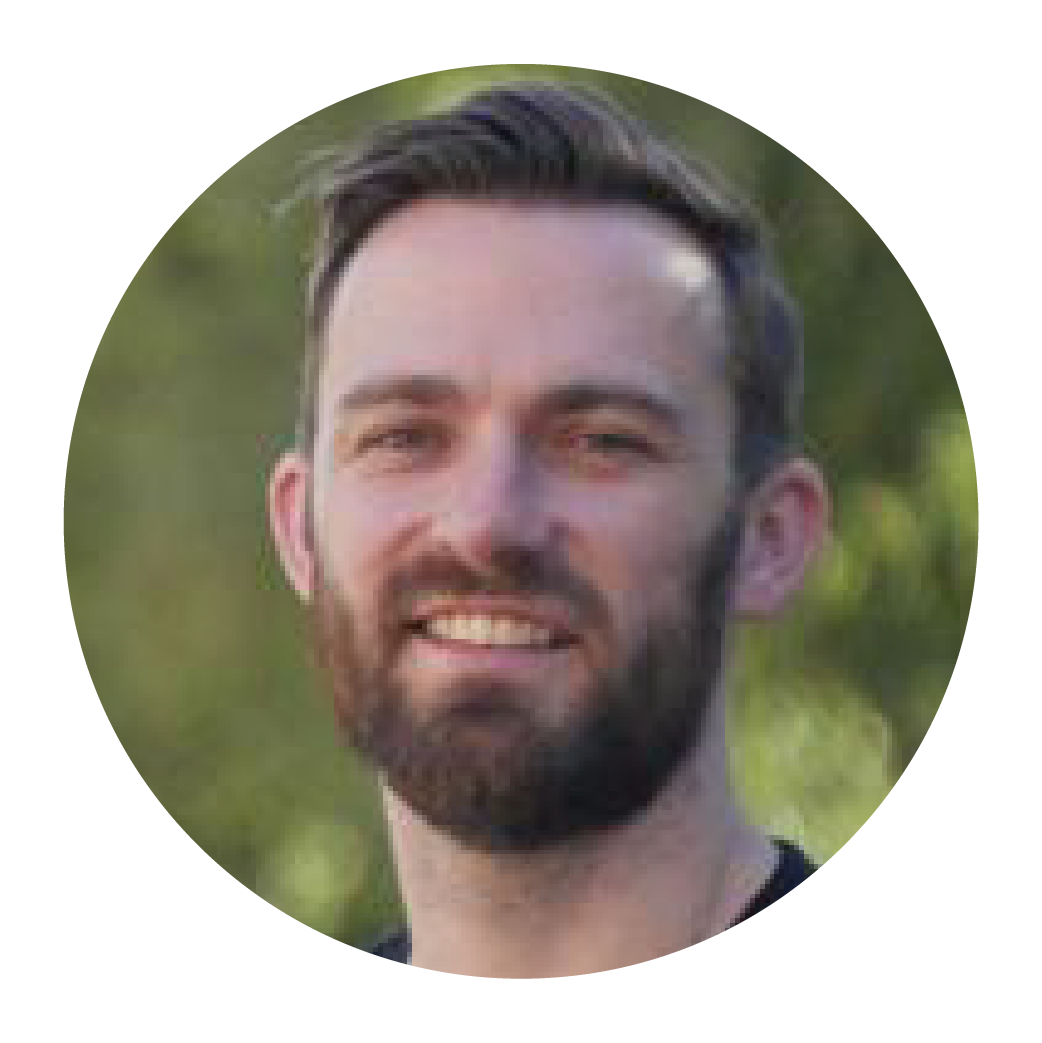

Dietrich College of Humanities and Social Sciences
Associate Professor, Human Computer Interaction Institute
School of Computer Science
Manke and Kaufman refined their Data-Driven Diversity (D3) Lab, which uses data to understand and improve how different groups experience student success and sense of belonging. Over the course of two semesters, students learn about classic and current research on DEI from psychology and social decision sciences and apply what they've learned to design and conduct a controlled experiment with direct relevance to an underserved, underrepresented, or marginalized student group at CMU. They emphasize a mixed methods, interdisciplinary approach and leverage subteams of faculty and graduate student mentors to allow students with varying disciplinary backgrounds a degree of flexibility in choosing how they wish to contribute. Manke and Kaufman’s approach included developing pre- and post-surveys containing self-reflection and attitude questions to measure implicit bias and students’ self-identification as researchers. Additionally, they enhanced their training content on intersectionality as a starting point for students to reflect on how one’s identity affects subjective experience.
Sara Moussawi
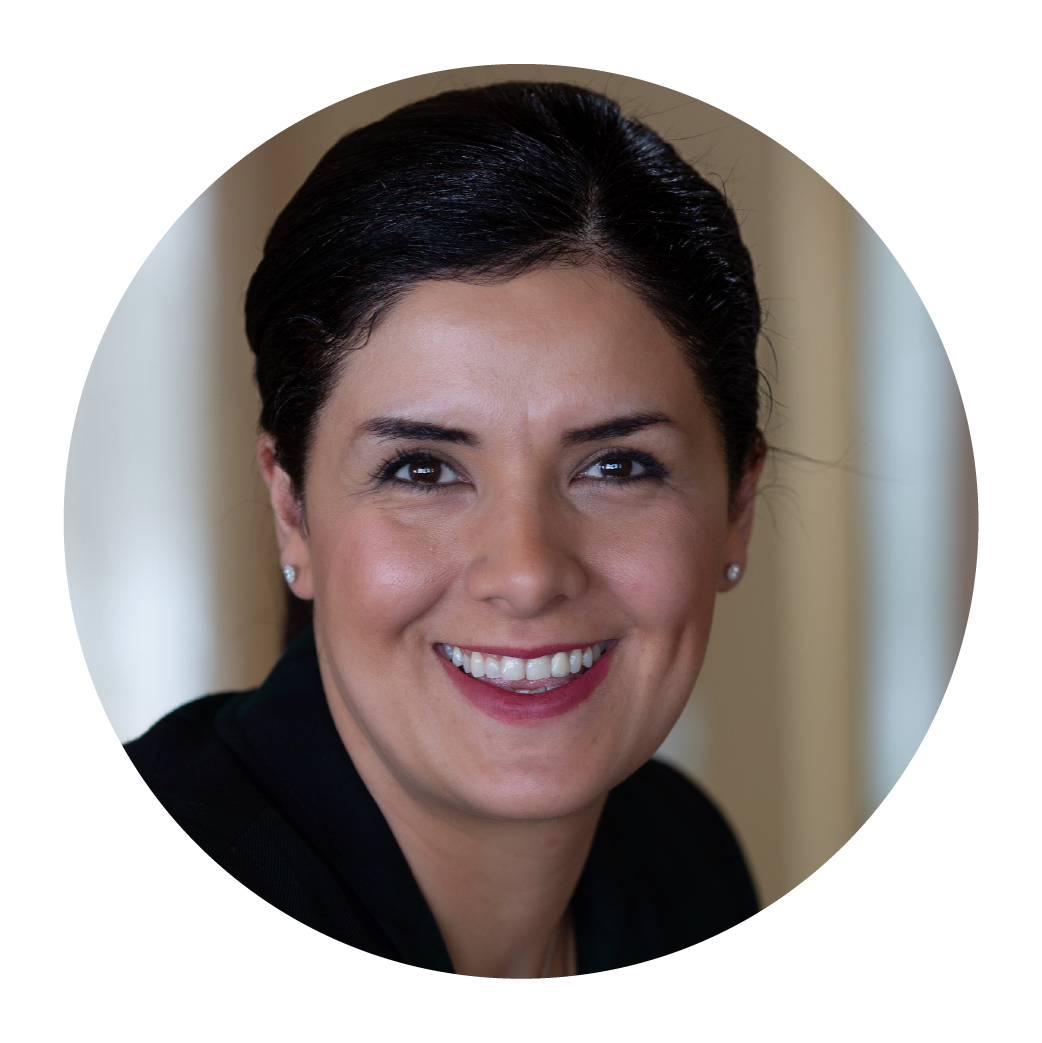
Dietrich College of Humanities and Social Sciences
Many students in information systems pursue applied careers in industry, rather than academic research. Moussawi’s course, “Information Systems: Seminar on Intelligent Agents”, provided students with an opportunity for formal training in Information Systems research and the associated transferable skills. Students focused on the topic of users' interactions with and perceptions of intelligent conversational agents and similar systems. Students read, analyzed, and discussed academic papers exploring topics relating to intelligent agents’ classification, how users form trust towards the system, the role of anthropomorphism, and factors impacting users’ perceptions of intelligence and experience when interacting with such agents. Sara designed class discussions to provide a space to explore a diversity of perspectives. By having students complete a brief reflection on an academic paper prior to each class, students were able to not only engage in, but also lead a rich discussion, with the instructor participating as a colleague rather than the discussion leader. With continuous instructor guidance and feedback, students’ work culminated in crafting a new research question and research proposal to contribute to a gap in the literature. Afterwards, several students submitted and presented their proposals at a disciplinary professional conference focused on generating new ideas for research in information systems.
Danny Oppenheimer & Mark Patterson
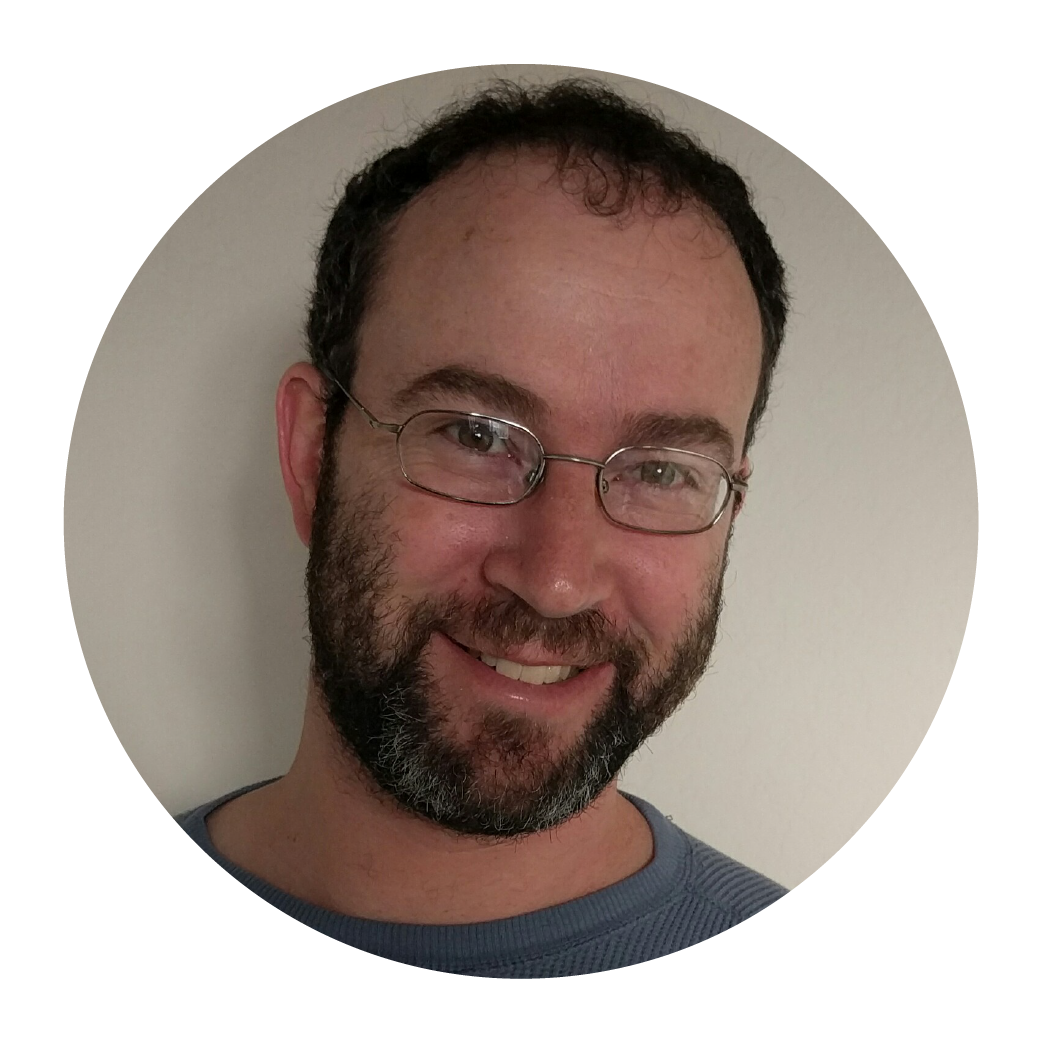

Dietrich College of Humanities and Social Sciences
Assistant Teaching Professor, Social & Decision Sciences
Dietrich College of Humanities and Social Sciences
Oppenheimer and Patterson designed “Research Pods: Exploration in Linguistic Inquiry Word Count Implications and Applications”, a course which experimented with team-based research “pods” as a new format for guiding senior thesis research. All students within a pod developed a unique research question, but all of the projects were related via similar topics or using similar methods. As the students gained expertise in the topics and methods, they began to support each other, providing a wider range of perspectives on each other's work. The pod method also fostered a natural cohort, which not only provided social support, a sense of community, and belongingness, but also reduced the per-student time commitment for faculty. The instructors also employed new teaching strategies to help students generate and articulate research questions, as well to promote good habits of mind around summarizing research and documentation. For example, students wrote up minutes on each others' research presentations and developed prompts for other pod members to help brainstorm research ideas. Most of the students from this course have continued to work on their summer research projects as part of their senior theses.
Emma Slayton
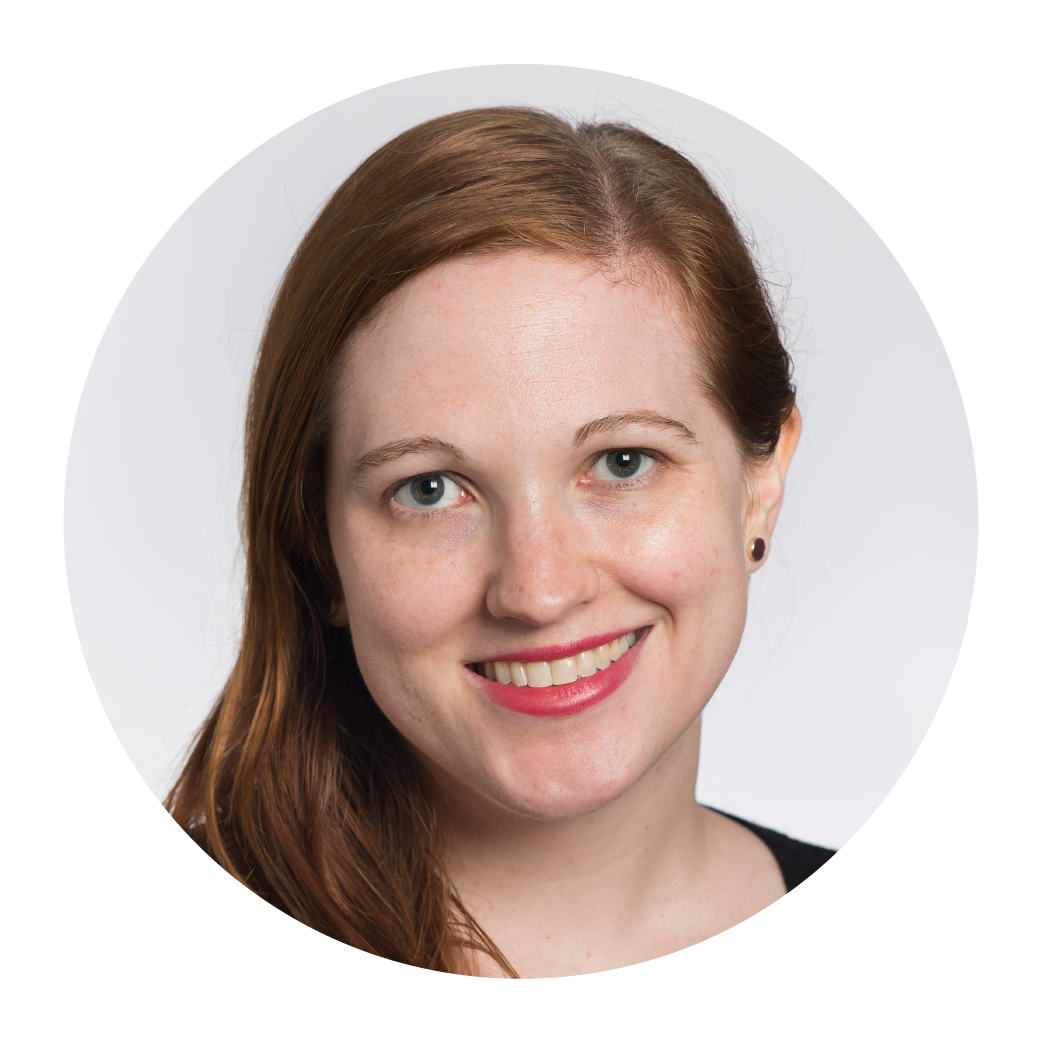
Slayton redesigned the course “Discovering the Data Universe” to scale to 20 or more students and develop data management skills that could be tailored to individual projects and multiple disciplines. This full semester research experience had two parts. First, students collaborated in groups within and outside of class on classwide projects to learn data management skills. During the second half, students applied their skills to individual projects of their own design. The course design accommodated students at multiple levels of experience, highlighting the application of foundational data literacy principles to every step of the research cycles. Furthermore, it prepared students from disciplines who may not be working with data as intensely in their first or second years to have the practice they need to succeed at research later on in their careers. Slayton’s approach piloted ways for students to engage asynchronously, and she hopes to create a fully asynchronous version of the course.
Seth Wiener
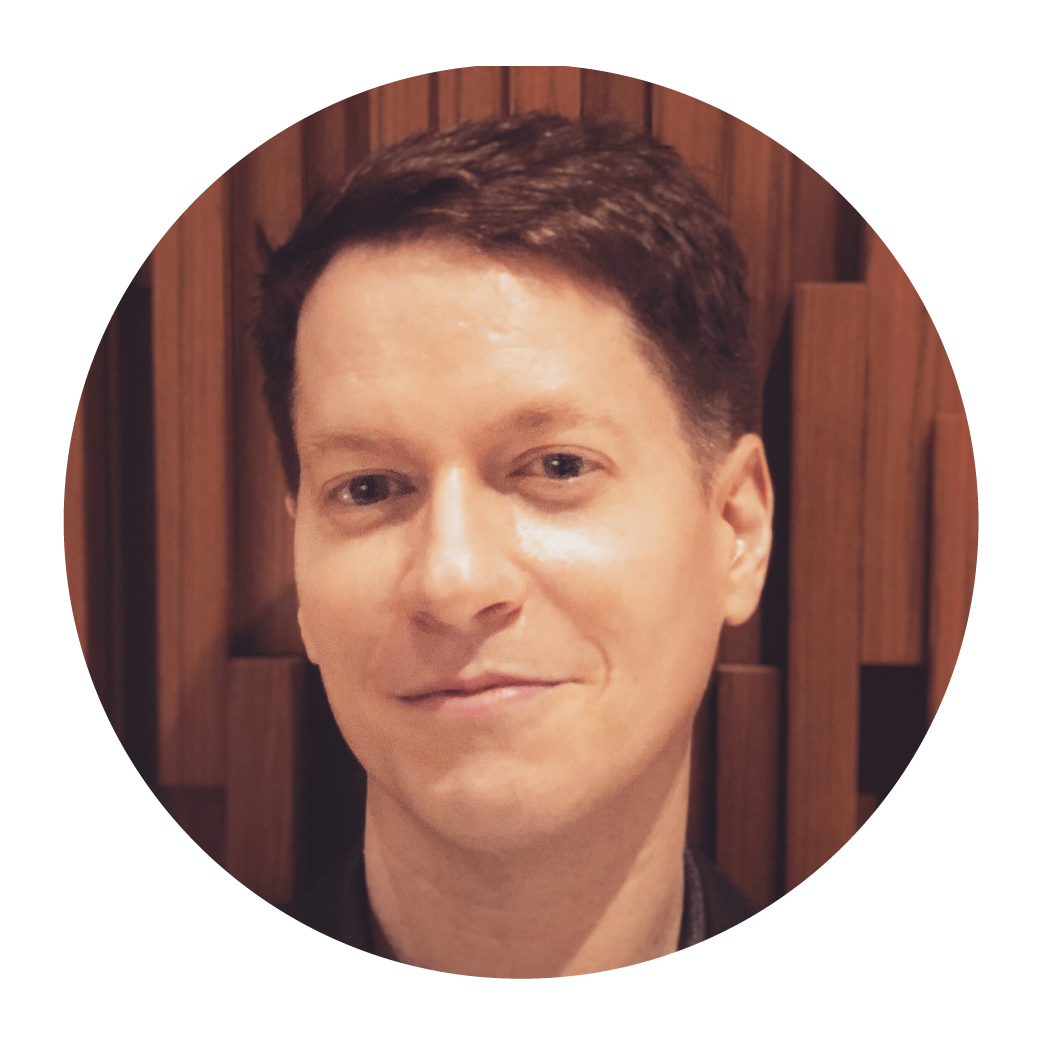
Associate Professor, Modern Languages
Dietrich College of Humanities and Social Sciences
Wiener designed the summer research course “Language in the Time of COVID-19,” where students work in small, interdisciplinary groups to carry out experimental linguistics studies. Open to all levels of undergraduates, this remote course was centered around group work, with each student contributing in ways tailored to their background and interests. The teams collaboratively formed clear research questions and collected data via the internet. Within each team, one student explored the literature, another student designed the experiment, and a third student conducted the statistical analyses. Weiner used three types of meetings: full class, small groups, and 1:1, allowing each student to learn and engage with both him and their classmates on different levels. He also used short-answer and essay questions on Canvas to periodically gauge learning, promote class discussion, and provide formative feedback.